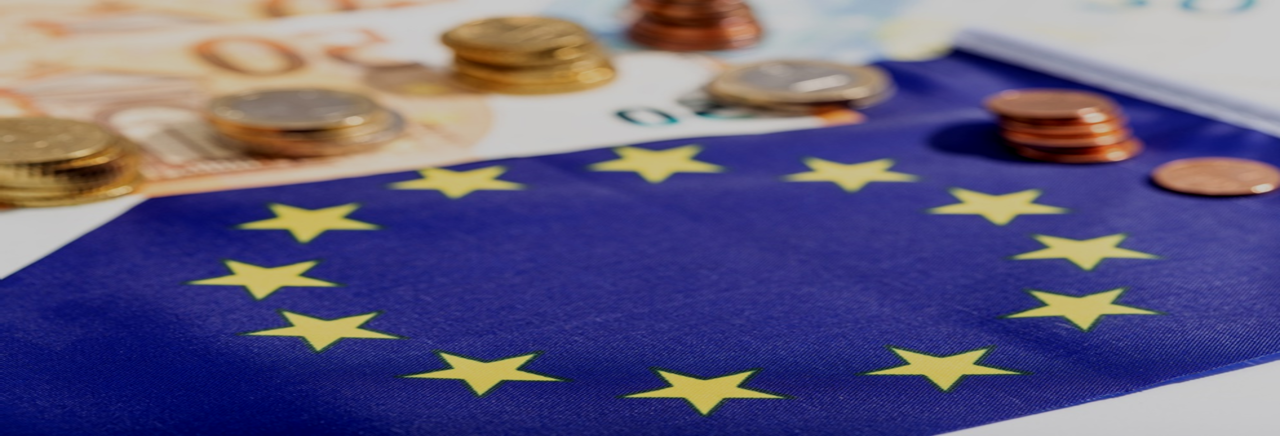In 2017, global GDP growth reached the +3% post, a landmark it hadn’t reached since 2010. That will likely stay in sight in 2018 and 2019. The general trend comes from a rare combination of favorable factors: the US economy keeps expanding, China perfectly manages its economic transition, and the Eurozone comes back to the forefront. Still, the flow of good news may hide some worrying excesses: The comeback of protectionism, mounting stocks of corporate debt and expectations of tightening monetary policies altogether make markets nervous. Everyone is already talking about the next financial crisis as if it was a given. Sure there is a risk; maybe not as significant as in 2007. The real question is whether the next confidence shock could come from elsewhere: The platform economy.
The thorny issue of personal data concerns everyone. The latest example is Cambridge Analytica: a massive consumer data breach shook confidence, from households to investors, including institutions. In response, users and personal figures widely retweeted #deteleFacebook. In the meantime, Facebook had lost 16% of its value. As a collateral victim, the Twitter stock plunged by 20%.
Drawing parallels is easy. The energy sector in the late 70s, the internet sectors in the late 90s, the financial sector in the mid-2000s all had in common the stretched market valuations, overconfidence, exorbitant salaries for young recruits, a lagging regulator and disruptive effects on society, globally. In 2018, any guess who looks guilty? Digital.
Once the exponential driver of economic growth, digital could derail it all and become a systemic risk. In the retail sector, too big to fail does not exist anymore as platforms and marketplaces wrecked entire segments from toys to whites and browns. The universality of digital (from finance to consumption, from Chile to Japan) makes it a perfect suspect for the next widespread confidence crisis. The dawn of new technologies is an extraordinary opportunity for companies to grow and reinvent themselves but I am concerned about the mismatch between the share of the digital economy (on stock markets, in GDP, in our daily lives), and the utter lack of thinking put into regulation, governance, and transparency. The lack of political vista on this topic is appalling.
While the digital economy grows, public and legal frames are yet to be enforced. Among the US, China and the EU, none has taken the lead on this issue yet. There is a will, but no firm stance has been taken to oversee the digitalization of our societies. This is alarming, knowing the digital economy accounts for 22% of world GDP. The enforcement of the General Data Protection Regulation (GDPR) on May 25 in the EU, and Zuckerberg’s hearings before the Congress are a first step towards regulation, but there is a long way to go.
The question is whether the world needs a guardian to define the rules of the global digital game? In the past, preventive regulation surely could have prevented financial crises. In the future, we won’t be able to say we did not know. New technologies ease our access to information and put individuals in the debate’s hearts. This was not the case previously when we were kept away by inherent knowledge barriers in the energy sector, the advent of the internet, and the over-engineering of finance. This time, we can decide to avoid the crisis. All of us are user-contributors to the digital economy. We share content on social networks, we consume services online, and we access information on the internet. We are at the core of this new model, and that is why we have a role to play in its regulation. We have all we need to make our mind on digital issues and excesses. Granted, digital behemoths use personal data. It is our responsibility to choose the platforms we use and to define how we wish to use them. So instead of waiting for the regulator to take action, let us wake up the collective awareness, empower individuals, and deliver a good example of self-regulation.















